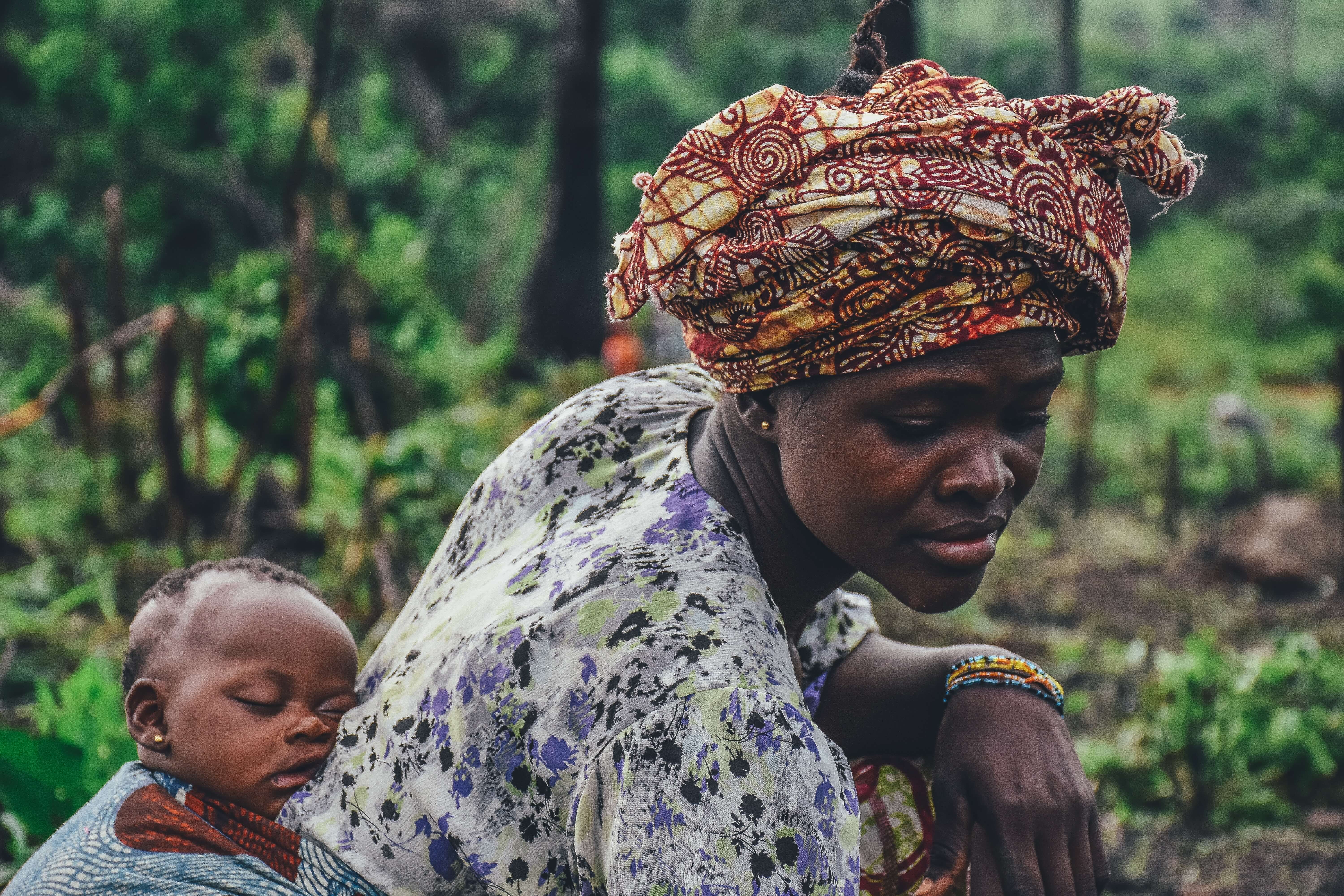Tanzania: Public Appeal to Stop Growing Maternal Deaths
A young girl from a rural area in one of the big four regions charms with a man believed to be faring well in terms of financial income, and subsequently, seen as promising future security.
Completely ignorant of its consequences, the girl gives in to early sex, conceives but her mother, aunt and grandmother see any modern health facility an enemy, to say the least. At 15 years of age it was her first pregnancy.
Come the time of delivery and the small girl does not fully grasp what the elders always meant when they told her that the village had enough `wakunga` (midwives) to take care of herself and the baby to be born.
The long journey to her misery begins when she cannot manage delivery despite two days of hard labour!
The fear-gripped girl loses strength and collapses. The women in attendance now exchange glances, contemplating their next move as they exhausted all their skills on that specific area they insisted was their preserve.
Then somewhat annoyed is the father who uses his muscle to rescue his daughter by taking her to the nearest health facility, which is kilometers away, taking him some six hours before reaching it, what with the poor infrastructure.
Through caesarean section, she suffers a still birth. But little would she also know that the unborn baby brought fistula to her!
It is slowly coming to surface. Tanzania produces between 2,500 and 3,000 new fistula cases a year. But that figure hides the real issue: Every new fistula case represents 30 deaths of women.
With this staggering figure of between 75,000 and 90,000 new maternal deaths each year comes the need to prevent them, according to Women’s Dignity Project (Utu-Mwanamke), a civil society organisation in the country.
Obstetric fistula is a severe injury that can develop during prolonged and obstructed labour and without prompt intervention the constant pressure of the fetal skull in the birth canal cuts off the blood supply to the tissues, causing them to disintegrate.
A hole or ‘fistula’ then forms between the vagina and bladder and/or between the vagina and the rectum. This leaves continuous and uncontrollable leaking from the vagina, resulting in constant and humiliating odour and wetness.
Preventing obstetric fistula is mainly possible through antenatal care, birth preparedness and family planning, specialists contend. They add that in order to reduce the risk of fistula, skilled birth attendance and emergency obstetric care are necessary.
They also agree that there should be ways of handling the condition as living with fistula has devastating impacts, suggesting repair of fistula and reintegration to mend lives and recover livelihoods.
Repair of a fistula case, which normally takes between five to eight hours, is still new as it was not particularly emphasized in the medical discipline in Tanzania, although currently every regional hospital is capable of doing it.
Cost of treating a single case is pegged at about 360,000/-.
Human rights activists want a public debate on the prevention of fistula through antenatal care, birth preparedness and family planning.
This goes alongside the provision of health services which are conspicuously absent in the majority rural sphere.
At risk are not only young girls but older women too. The loss of lives for so many pregnant women in one year is enough cause for the debate and a thorough examination of health provision in the country.
A local documentary flashes the light for that kind of public debate as it reveals the terrible situation prevailing in many parts of the country regarding health provision.
Source: Tanzania Sunday Observer – 3 August 2008

